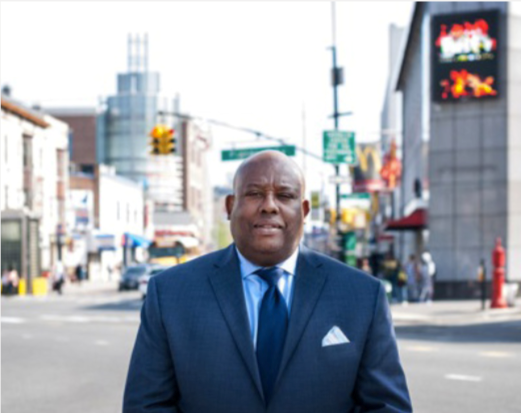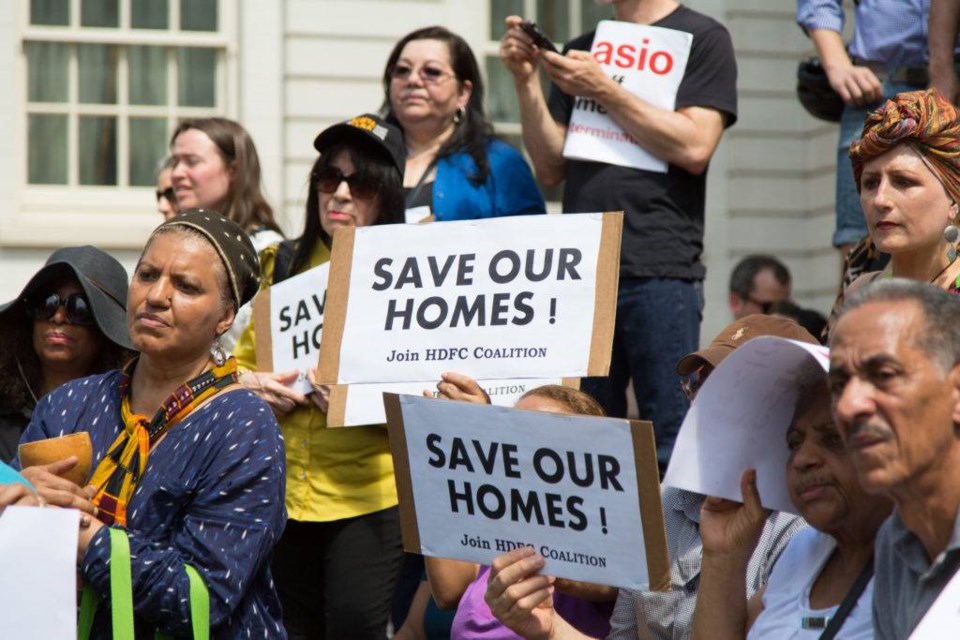By Kenneth Mbonu
Instead of letting private distressed properties go through the city's controversial Third Party Transfer (TPT) program, community residents should invest in a Community Investment Fund (CIF) to transform these buildings into "Community Zones." The community funds can support the properties while keeping ownership and wealth in the community.
The TPT program was developed after NYC experienced urban property blight in the '70s and '80s. Currently, NYC is experiencing an urban property boom, hence the need to exit the program.
The program was initially designed to sustain affordable housing and prevent tenants from living in squalor. The tenants were temporarily displaced and the properties redeveloped and sold back to the tenants as co-ops. Soon, private properties with water bill and maintenance violations were included in the mix. These properties were sold to nonprofit and for-profit developers for a nominal fee to redevelop into affordable housing.

Most of these private properties were mortgage-free with millions of dollars in equity, that was not given back to the property owners, and who were primarily minorities. Property ownership has always been the primary source in building intergenerational wealth and addressing community displacement in minority communities.
My concept of a "Community Zone" aims to preserve private, mortgage-free properties that are burdened by violations. Community residents can invest in a Community Investment Fund (CIF), that invests in revitalization projects such as Community Zones. CIFs empower communities by building wealth through a cycle of investments, profits (returned to community members) and reinvestments.
The CIF, a "Real Estate Revitalization Fund," where capital raised would acquire an equity stake in the property by paying off the violations or purchase the property at market value. The CIF would be exempt from regulatory burdens, making it cost effective to implement on a community scale. The property is redeveloped and leased, and the profits distributed annually amongst the community members. The CIF will be a longterm hold of between five to ten years, with annual returns of at least 10 percent.
This keeps wealth circulating within the community, builds wealth sustainability and creates or grows businesses that would provide services to the respective properties.
Kenneth Mbonu is the executive director of the Flatbush Junction BID.




